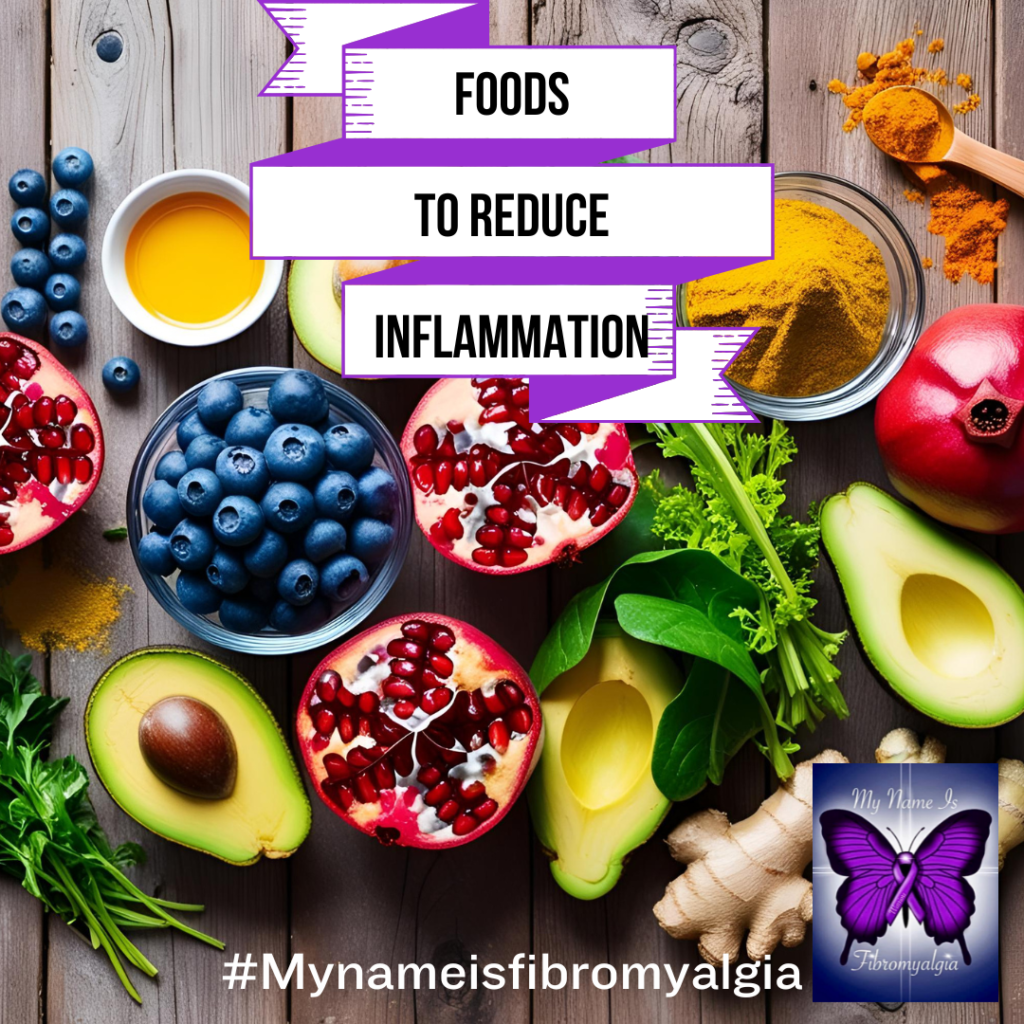Foods To Help Reduce Inflammation And Pain.

Foods to Help Reduce Inflammation and Pain. Chronic pain can be a debilitating condition, but there are many things you can do to manage it. One of the best things you can do is to eat a healthy diet. That includes plenty of anti-inflammatory foods.
What is inflammation?
Inflammation is the body’s natural response to injury or infection. Signs are: redness, swelling, heat, and pain. Inflammation is a normal part of the healing process, but it can become chronic and lead to pain and other health problems.
How can food help reduce inflammation?
Many foods contain compounds that can help reduce inflammation. These compounds include:
Omega-3 fatty acids: Omega-3 fatty acids are found in fatty fish, such as salmon, tuna, and mackerel. Found within flaxseeds, chia seeds, and walnuts.
Antioxidants: Antioxidants are in fruits, vegetables, and other plant-based foods. They help protect the body from damage caused by inflammation.
Vitamins and minerals: Vitamins and minerals, such as vitamin C, vitamin D, and magnesium, also play a role in reducing inflammation.
Foods to eat to reduce inflammation and pain
Here are some of the best foods to eat to reduce inflammation and pain:
Fatty fish: Fatty fish is a good source of omega-3 fatty acids. Aim to eat fatty fish at least twice a week.
Fruits and vegetables: Fruits and vegetables are also packed with antioxidants. Eat a variety of colorful fruits and vegetables every day.
Nuts and seeds: Nuts and seeds are also good sources of omega-3 fatty acids and antioxidants.
Whole grains: Whole grains are a good source of fiber, which can help reduce inflammation.
Legumes: Legumes are a good source of protein and fiber. They also contain compounds that can help reduce inflammation.
Spices: Spices, such as turmeric, ginger, and garlic, also have anti-inflammatory properties.
Other tips for reducing inflammation and pain
In addition to eating a healthy diet, there are other things you can do to reduce inflammation and pain. These include:
Getting regular exercise: Exercise can help reduce inflammation and improve your overall health.
Getting enough sleep: Sleep helps the healing process and reduces inflammation.
Managing stress: Stress can increase inflammation. Find healthy ways to manage stress, such as yoga, meditation, or spending time in nature.
Avoiding triggers: If you know that certain foods or activities trigger your pain, avoid them.
Working with a dietitian
If you are struggling to manage your pain, talk to your doctor about working with a dietitian. A dietitian can help you create a personalized eating plan.
Conclusion
Eating a healthy diet means including plenty of anti-inflammatory foods. It can help reduce inflammation and pain in the long run. If you are struggling with pain, talk to your doctor about making dietary changes.





